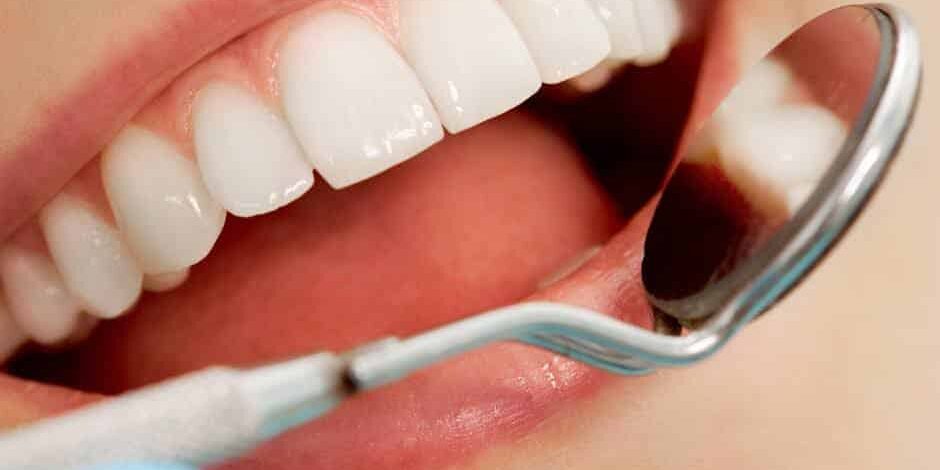Gum disease, or periodontal disease, is a major oral health problem, especially among elderly people. The condition damages a person’s gums and leads to jaw bone loss, tooth loss, and extensive inflammation. Read on to learn about some of the most common causes of periodontal disease.
Damaged Dental Restorations
Regular use of dental fixtures will eventually wear down your gums and cause damage. At some point, the fixtures will no longer fit your teeth. For example, your dental crowns may get damaged and allow decay and plaque to accumulate in the spaces between the teeth. Some of the plaque can build up on the crown’s edges and along the gum line.
Even partial dentures will become loose with time and start to rub against your gums. Always consider how dental fixtures make your mouth feel and immediately report any abnormal or sore feeling to your dentist.
Smoking and Tobacco
Smoking is a big threat to your overall health and can damage your lungs. Smoking and tobacco products are also the primary causes of tooth loss and gum disease. Tobacco interferes with the normal functioning of the gums and reduces the rate of healing of gum tissues. This will expose your gums to infection.
Smoking and the use of tobacco products also reduce the amount of saliva in the mouth. A dry mouth allows plaque to form and attach more easily to the gums and teeth. The plaque will then attract bacteria that attack your gums. At the same time, chemicals and toxins present in tobacco products will cause gum irritation and loosen the teeth within the gums.
Poor Nutrition
The risk of gum disease increases if you consume excessive amounts of starch and sugar. Bacteria in the mouth will break down the starch and sugar to generate acids. The acids will then attack your tooth enamel and cause inflammation of the gum tissues. Choose a diet that is rich in vegetables and fruits and contains abundant amounts of vitamin C to strengthen the teeth and improve the health of the gums.
Bruxism
Some people develop a habit of clenching or grinding their teeth. This condition is called bruxism and exerts extra pressure on the gums. Bruxism causes inflammation of the gums and eventually leads to gum disease. The condition can also cause the teeth to crack, leading to decay.
Hormonal Shifts
Hormones change during pregnancy and monthly menstrual cycles. The changes in hormones increase the risk of gum disease. While being pregnant doesn’t automatically translate to gum problems, you have to be more careful with your oral health. For example, the gums can inflame and become more irritated.
Also, expect your gums to bleed whenever you floss or brush your teeth. Fortunately, most of these gum problems will go away once you give birth. Nevertheless, you must continue working with your doctor and dentist to know how to take care of the gums.
Prescription Medications
Some types of prescription medication lead to a dry mouth and affect saliva flow. Insufficient quantities of saliva in the mouth encourage bacteria to spread quickly. If you think your prescription medication causes gum problems, ask your doctor to prescribe something else.
Crooked Teeth
Your teeth can overlap, rotate, or become crooked. Lack of proper alignment creates spaces where bacteria can thrive and spread. This will lead to the accumulation of plaque that will damage your gums and teeth.
Family History
Sometimes, your genetics may be the cause of gum disease. This is especially true if other members of your family also suffer from gum disease.
Get Help
If you have any gum problems, the team at Commack Hills Dental Group will do a checkup and recommend the right solution. We are a dentistry practice that offers various dental services to adults and children. Contact us today to book an appointment.








